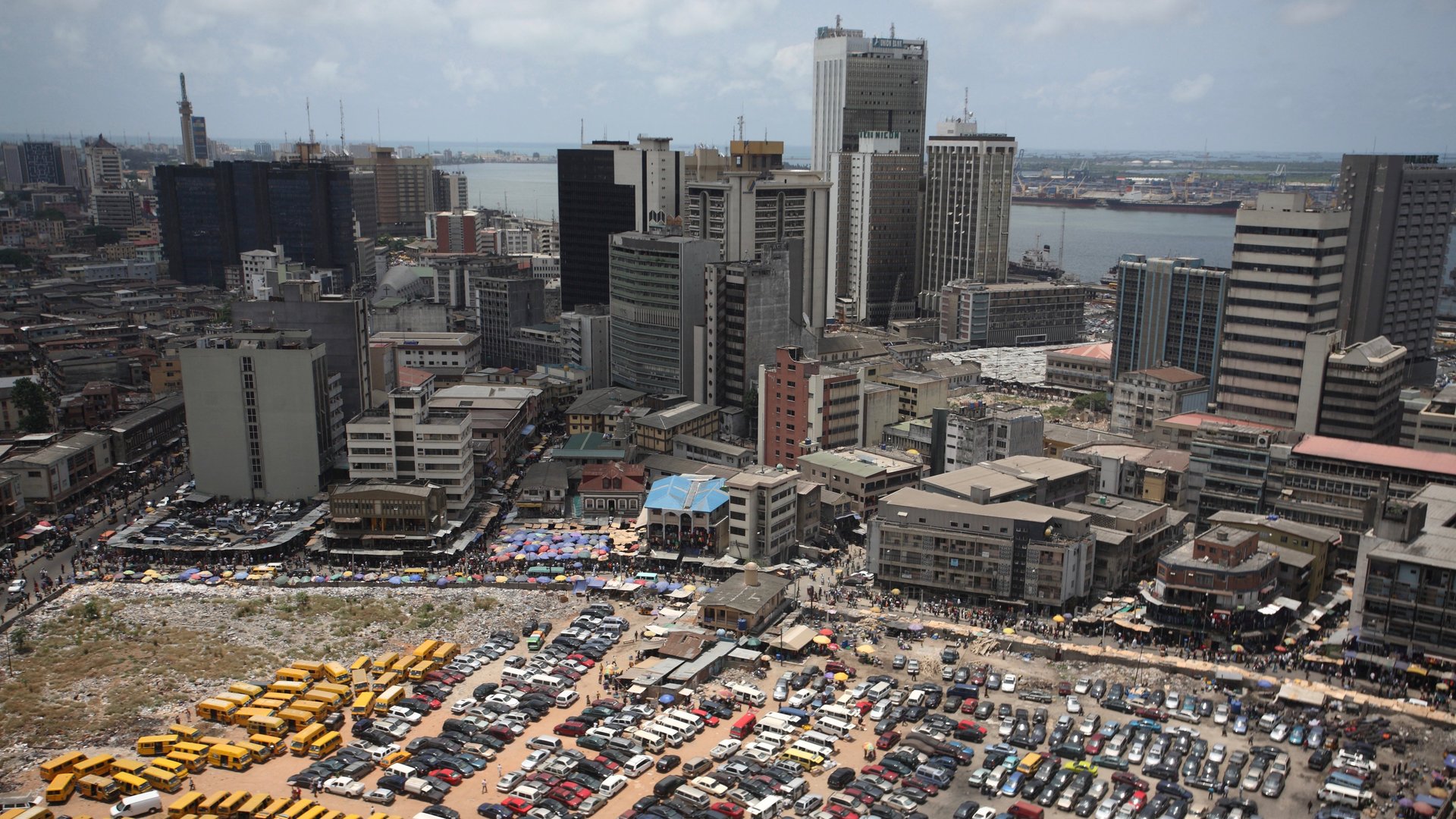A new data tool is arming Africans with statistics to keep their governments in check
A new online tool can help Africans keep their leaders accountable by tracking statistics on governance. The Mo Ibrahim Foundation has launched a new data portal that collects and measures statistics on issues like safety, human rights and economic opportunities.


A new online tool can help Africans keep their leaders accountable by tracking statistics on governance. The Mo Ibrahim Foundation has launched a new data portal that collects and measures statistics on issues like safety, human rights and economic opportunities.
The Ibrahim Index of African Governance relies on 15 years of statistics that the foundation has collated through censuses, surveys and other sources on the continent. Programs like the 2015 Africa Data Consensus are trying to ensure that standardized, quality data is made available, but there is some way still to go. There is a major data deficit on the continent that is hindering policy makers from making life-saving decisions. It also makes it hard for civil society and willing individuals to gage exactly how their country is doing, and how to fix it.
“It is a matter of ownership, of identity and of sovereignty,” said Mo Ibrahim, the foundation’s founder. “Without sound national data, there is no way you can define adequate public policies nor measure their outcomes.”
The British-Sudanese telecoms billionaire turned philanthropist began the foundation a decade ago to monitor governance and leadership on the African continent. The foundation is better known for an annual leadership award given to presidents. Despite Ibrahim’s optimism, the foundation itself has been frustrated with what it sees as stalled progress and refuses to hand out the $5 million prize unless it is certain of a worthy candidate. On the other hand the foundation’s index report, released annually, shows that governance is improving on the continent, albeit at a slow pace. The new portal will allow users to track that progress all year round.
The portal is freely available online and measures over 90 indicators through 14 sub-categories broadly categorized according to safety and rule of law; participation and human rights; sustainable economic opportunities and human development. More specific indicators list health under human development, personal safety under rule of law, gender under participation and human rights and more, for example.
The tool also lets you compare regions or countries and can generate charts that compare results with the average, minimum and maximum scores for each field over several years. All 54 countries are listed, although it does not have the full 15 years on all countries on all topics.
The portal may not be as extensive or specific as that of the World Bank or the International Monetary Fund, but the numbers it provides begin to create a picture of how people on the continent are actually living: if they feel safe or believe they benefit from opportunities. And it’s one of the few portals that are exclusively focused on Africa.